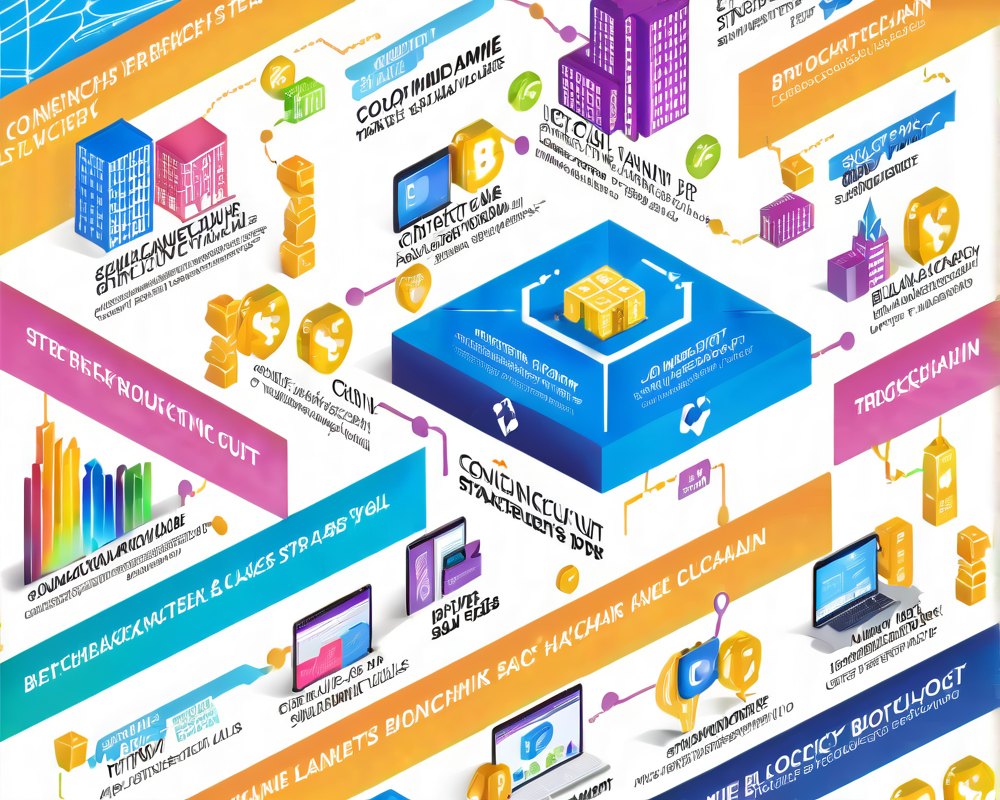The Birth of a Blockchain Revolution
Connecticut is making strides in the digital age! Governor Dannel Malloy just signed SB 443 into law, creating a working group that’s going to explore the ins and outs of blockchain technology. It seems the Constitution State is keenly interested in becoming a leader in blockchain, and who can blame them? If there’s one thing we know, it’s that cryptographic ledgers aren’t going away anytime soon!
The Mission of the Working Group
So, what exactly will this impressive group do? Well, they won’t just sit around eating donuts (but wouldn’t that be nice?). Instead, SB 443 has laid out a focused plan for them. Their tasks include:
- Identifying economic growth opportunities in blockchain
- Assessing the current blockchain scene in Connecticut
- Reviewing workforce needs and educational programs
- Making legislative recommendations to cut through the red tape
These designated do-gooders are expected to tackle some serious stuff before the looming January 1, 2019 deadline. Talk about making a resolution for the New Year!
Who Gets to Be in the Club?
The working group will feature at least five members who know their blockchain from their Bitcoin. They’ll also have to rope in some academic folks—because what’s innovation without a little brainpower? The Commissioner of Economic and Community Development will join in as an ex-officio member, probably with a stern look and a clipboard.
Following in Others’ Footsteps
Connecticut isn’t the only state putting its thinking cap on regarding blockchain. New York is in the game too! Just last month, the New York state legislature pushed forward a similar bill to form a blockchain task force. Imagine the cross-state rivalry—who can get their blockchain game together faster?
State-by-State Initiatives
The blockchain trend is spreading like wildfire across the U.S! Here’s a quick snapshot of some recent developments:
- Colorado has passed a bill regulating blockchain for government records and cyber security.
- The state is also encouraging academic institutions to focus on blockchain technology.
- Tennessee even recognized smart contracts for electronic transactions!
Each state appears to be laying down the groundwork for a blockchain future, which could mean one thing: better transactions, increased transparency, and, hopefully, more efficient governance. Fingers crossed, right?




